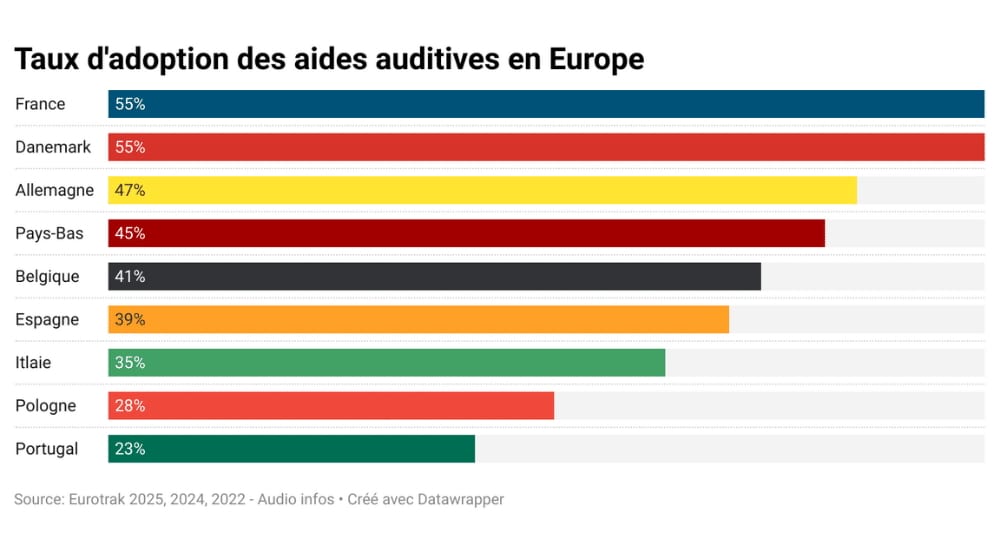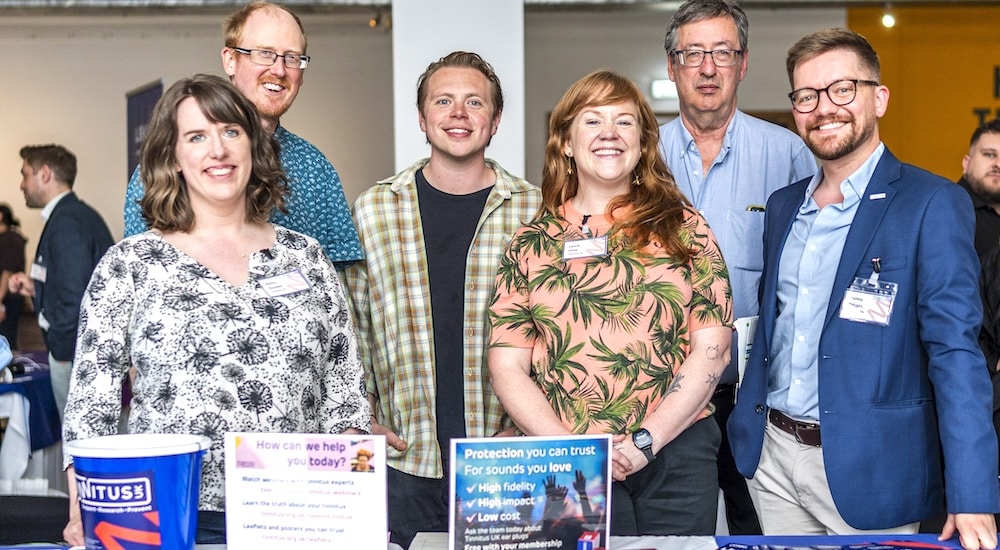Congenitally deaf have rewired brains - new teaching approaches needed
Brain
The profound deafness-causing mutation of the otoferlin protein also alters the growth and wiring of neurons crucial to the nervous system, claims newly published research that advances treatment prospects and better education for the deaf.

Small freshwater zebrafish proved highly useful to researchers from Oregon State University (OSU) in their exploration of the genetic mechanisms behind profound congenital hearing loss, specifically the workings of the otoferlin protein whose unique role within the cochlea is to encode sounds in the sensory hair cells. In previous studies, the otoferlin molecule had proven too large to study comfortably. But the team led by Colin Johnson of the OSU College of Science found that the zebrafish, which is highly similar to humans at molecular, genetic and cellular levels, offered a smaller version of the molecule.
What the researchers observed in fish with the otoferlin gene eliminated was a knock-on alteration in neuronal genes involved in the growth and wiring of neurons. Extrapolating this change in the expression of other genes to the human model suggests that the brains of people born deaf rewire themselves in ways that affect how these people learn. In the zebrafish, replacing otoferlin restored expression of those genes, but only partially.
"We hope this work is a step toward treatment, and also toward better schemes for those who are deaf, for interacting with them and teaching them," said Johnson, associate professor of biochemistry and biophysics.
"If you grow up without that protein, it's not just a matter of throwing the gene back in. If you're born deaf and grow up deaf, it seems the physical wiring of your brain is a little different," added Johnson, who underlined the need to "go beyond looking at those hair cells and look at the brain itself. Does the brain process information differently? That's one area we need to think about."
Collaborating with Johnson were Robert Tanguay, professor at the OSU College of Agricultural Sciences, graduate student Aayushi Manchanda, and postdoctoral researcher Josephine Bonventre.
Source: Oregon State University newsroom


